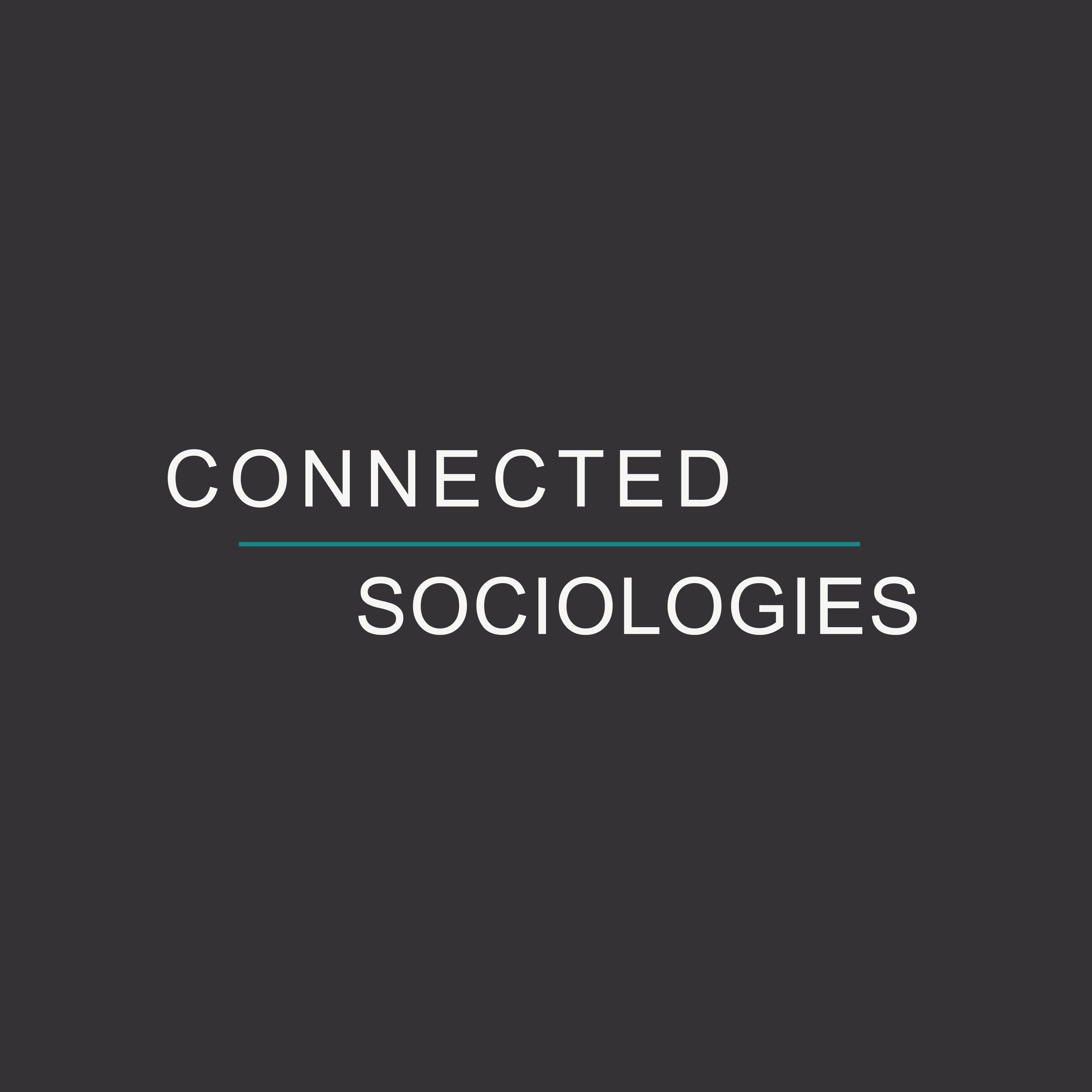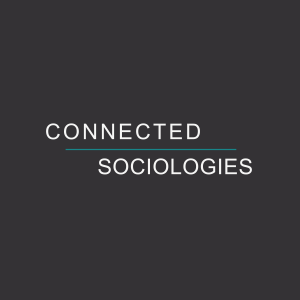
6.9K
Downloads
32
Episodes
Sociology is based on a conventional view of the emergence of modernity and the ‘rise of the West’. This privileges mainstream Euro-centred histories. Most sociological accounts of modernity, for example, neglect broader issues of colonialism and empire. They also fail to address the role of forced labour alongside free labour, issues of dispossession and settlement, and the classification of societies and peoples by their ‘stages of development’. The Connected Sociologies Curriculum Project responds to these challenges by providing resources for the reconstruction of the curriculum in the light of new connected histories and their associated connected sociologies. The project is designed to support the transformation of school, college, and university curricula through a critical engagement with the broader histories that have shaped modern societies.
Episodes

Thursday Nov 19, 2020
What is the Colonial Global Economy? Dr Paul Robert Gilbert
Thursday Nov 19, 2020
Thursday Nov 19, 2020
It is increasingly common for claims to be made about the incompatibility between capitalist ‘progress’ and the institution of slavery, and to frame colonisation as economically advantageous for the colonised. Yet this overlooks the considerable scholarship, primarily from the ‘Global South’, which shows that industrial capitalism in Europe (and the UK in particular) would have been unaffordable without slavery, and that transfers of wealth from the colonies to colonial powers continue to shape contemporary inequalities. In this sense, the global economy can be understood as a colonial global economy, shaped not only by the legacies of our colonial past, but by colonially-instituted arrangements and relationships which persist into the present. This session will examine the colonial global economy as one which operates through racialized forms of exploitation, extraction and perverse inclusion, from the heights of international economic law, down to labour regimes in global supply chains.
Readings
- Anghie, Antony. 2012. Imperialism, Sovereignty & the Making of International Law. Cambridge: Cambridge University Press.
- Bhambra, Gurminder K. 2020. Colonial global economy: towards a theoretical reorientation of political economy. Review of International Political Economy.
- Goswami, Manu. 2018. Crisis economics: Keynes and the End of Empire. Constellations 25: 18-34.
- Koddenbrock, Kai & Sylla, Ndongo Samba. 2019. Towards a political economy of monetary dependency; the case of the CFA franc in West Africa. MaxPo Discussion Paper, No. 19/2.
- Neptune, H. Reuben. 2019. Throwin’ scholarly shade: Eric Williams in the New Histories of Capitalism & Slavery. Journal of the Early Republic, 39(2): 299-326.
- Tilley, Lisa. 2020.“A Strange Industrial Order:” Indonesia’s racialized plantation ecologies and anticolonial estate worker rebellions.History of the Present 10 (1)
Resources
Accounting for British History – blog by Gurminder K Bhambra
How Wall Street Colonized the Caribbean – blog by Peter James Hudson
Questions for discussion
- How are contemporary wealth transfers and inequalities shaped by colonial relationships in the present?
- What does it mean to understand the global economy as a colonial global economy?
- Why might dominant frameworks for understanding economic crises in the global economy neglect its colonial foundations?

Comments (0)
To leave or reply to comments, please download free Podbean or
No Comments
To leave or reply to comments,
please download free Podbean App.